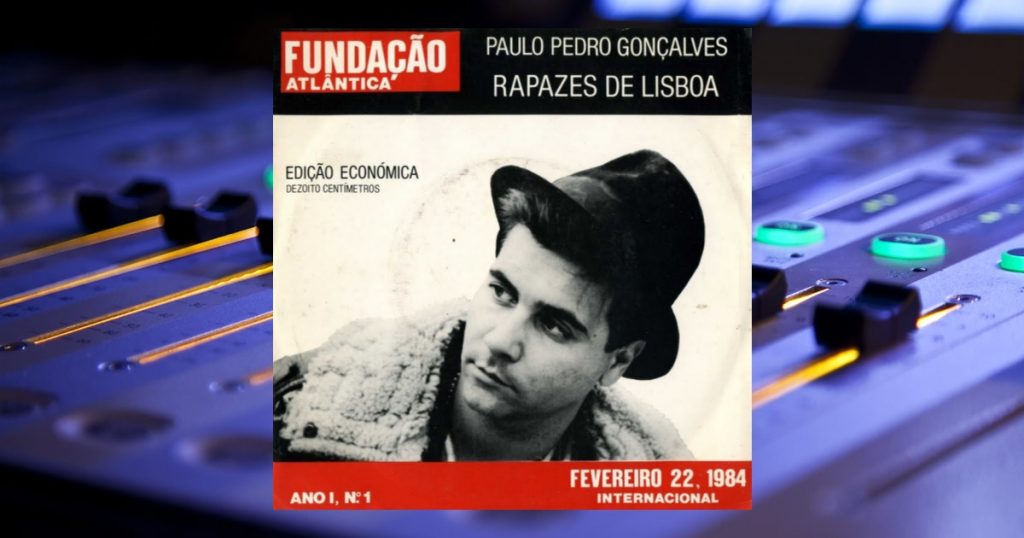During the 1970s, Pedro Paulo Gonçalves’s musical journey took a significant turn. After returning from Canada, where his parents lived, he joined the bands Faíscas and Corpo Diplomático, alongside his friend and fellow musician Pedro Ayres Magalhães. These early experiences not only honed his musical skills but also instilled in him a passion for innovation and experimentation. As a more gifted musician than his companions, Pedro Paulo’s talent and versatility set him apart, making him a sought-after collaborator in the Lisbon music scene.
The late 1970s and early 1980s saw Pedro Paulo become an integral part of Lisbon’s punk rock and new wave movements. His charisma and musical prowess earned him a reputation as one of the most exciting and forward-thinking musicians of his generation. In 1980, he co-founded Heróis do Mar, a group that would go on to make a significant impact on the Portuguese music scene. With Heróis do Mar, Pedro Paulo pushed the boundaries of pop rock and synth-pop, creating a unique sound that captivated audiences and set the group apart from its contemporaries.
As Heróis do Mar’s popularity soared, Pedro Paulo began exploring new creative avenues. In 1983, he started working on his solo debut, which would be released as a double single – 7 and 12 inches – titled “Rapazes de Lisboa”. The title track, co-written with Pedro Ayres Magalhães, showcased Pedro Paulo’s ability to craft catchy, memorable melodies. Although his vocals weren’t universally acclaimed, the single featured an impressive backing vocal performance by Maria Paula, adding depth and texture to the music.
After Heróis do Mar disbanded, Pedro Paulo relocated to London, where he embarked on a series of short-lived projects. These included LX-90, Kick Out The Jams, and Ovelha Negra, each reflecting his continued desire to experiment and innovate. Though these projects didn’t achieve lasting success, they demonstrate Pedro Paulo’s restless creativity and his willingness to take risks in pursuit of new musical frontiers. Despite the challenges he faced, Pedro Paulo’s legacy as a pioneering figure in Portuguese music remains an important part of the country’s rich cultural heritage.





